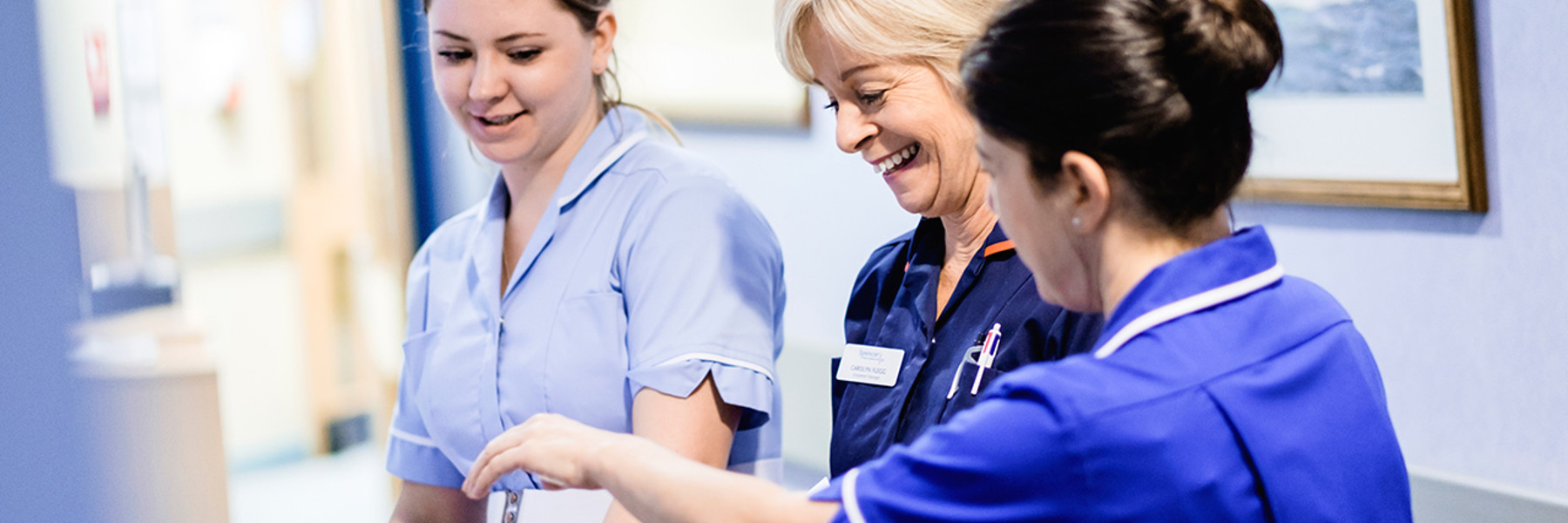What is Orthopaedics?
The term orthopaedics refers to the branch of medicine that deals with both diseases and injuries of the musculoskeletal system. This means that it is concerned not just with the skeleton itself but also with the joints, tendons, muscles, ligaments and nerves. Orthopaedics as a term tends to refer to orthopaedic surgery, although surgery is just one kind of many different treatment types available to those who need orthopaedic attention.
What does orthopaedics cover?
Orthopaedics does not refer to any one group of patients. Adults and children alike can require orthopaedic help, and this can range from rehabilitation after a road traffic accident, to correcting birth defects of the muscles or bones, to older patients requiring a hip transplant.
What work does orthopaedics specialise in?
Orthopaedic specialists will be called on to help once a problem has been diagnosed by your GP for further specialist assistance. A GP will refer you to an orthopaedic specialist who will first work to fully diagnose the problem. They may ask you to move in certain ways to determine whether there is any pain or difficulty with mobility. Often, they will be able to tell you straight away what the problem is, although sometimes they will need to perform tests to further analyse your body to be able to confirm a diagnosis, such as x-rays or blood tests.
What kinds of orthopaedic treatment are available?
Once they are sure of the disease or injury, they can start to work to treat the issue. Treatment will usually consist of surgery, medication or exercises, or a combination of these. For surgery, there will be a recovery time where you will be given exercises to help you to regain strength and movement in the affected area. Medication can be given to manage pain or to reduce inflammation. Exercises can sometimes improve a condition to the extent that surgery is not required. Exercises can help with mobility and can either be administered by a physiotherapist as a course of treatment or performed at home.
What kinds of operation do they perform?
Orthopaedic specialists carry out many different surgical procedures, the most common of which are explained here.
Corrective surgery is used, as the name suggests, to correct deformities of the spine or limbs that are causing problems such as pain or limited movement or would cause problems in the future. This can be something that a patient is born with, or which develops at a much later stage of their life.
Arthroscopy refers to any kind of keyhole surgery on a joint, often to repair soft tissue such as cartilage. This is used for sports injuries or joints that have suffered prolonged wear and tear. Orthopaedic surgeons repair bone fractures, sometimes using bolts to fix parts of bone together or realigning broken bones and then applying a cast.
Arthroplasty is the replacement of entire joints that are damaged by an accident or that have degraded over time due to conditions such as arthritis. Arthroplasty most commonly includes hip and knee replacements. Repairing damaged muscles can involve stitching tears in improperly formed muscles. Torn tendons and torn ligaments can also be repaired in this way.
The vast majority of orthopaedic surgeons will have a specialist interest or areas of expertise, so they will have experience in dealing with issues that closely relate to yours. You will be referred to someone with specialist knowledge of related cases to ensure that you receive the best treatment.
